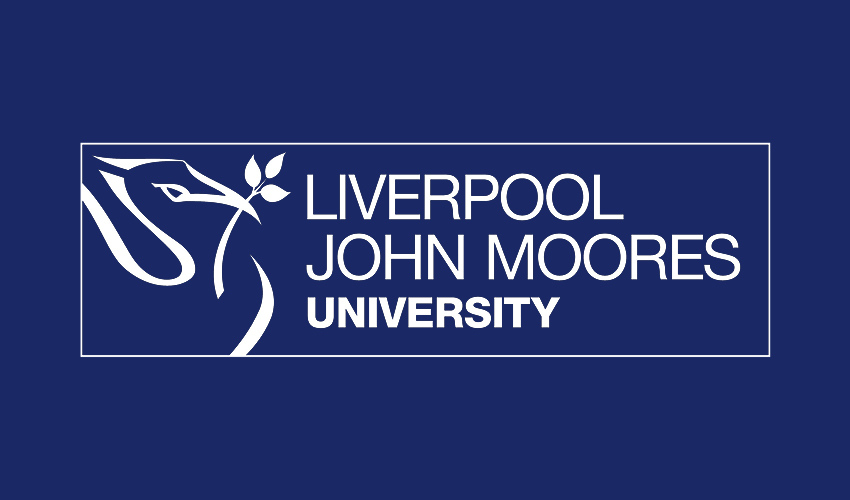About Bsc (hons) Nutrition in Liverpool John Moores University
This interesting and engaging degree programme will enable you to understand the rapidly changing challenges facing nutrition for healthcare and promotion, nutrition for health focused food production and nutrition associated research. After graduation, career opportunities include working as a qualified nutritionist promoting healthier eating habits and lifestyles, plus diverse roles within primary care organisations, public health directorates and the multi-billion pound food industry.
With chronic diseases such as heart disease, cancer, obesity and diabetes all influenced by the diet we consume, there is a need for expert nutritionists to provide well informed and sound scientifically-based advice. This Nutrition programme has been designed to develop essential knowledge and understanding as well as intellectual, practical and transferable skills that a nutritionist would require in order to practice.
The BSc Nutrition curriculum focuses on the delivery of the five core competencies set out by the UK Voluntary Register of Nutritionists (UKVRN) as set out by the Association for Nutrition (AfN): Nutritional Science; Food Chain; Social and Behavioural Science; Health and Well-being and Professional Conduct.
During this degree, you will explore the principles of human nutrition and metabolism, and how these underpin the relationship between diet and health. You will study nutrition through the life cycle, appetite and eating behaviour, the nutritional considerations of the various socio-cultural factors affecting food choice and sports nutrition.
You will examine other food-related areas, such as how nutritional knowledge can be used to help support the development, promotion and regulation of nutrition for health related food products, functional foods and new food products. You will also gain an understanding of important aspects of food science, politics and policy.
You also have the opportunity to complete an optional full-time paid sandwich year placement, which would enable you to build professional networks and further enhance your professional skills.
Entry Requirements
-
A Higher Secondary Certificate/Standard 12/Indian School Certificate (Year 12)
or
All India Senior School Certificate Examination with a minimum of 65% (60% in Maths and your chosen subject and 70% in English)
English language requirements
-
IELTS :6.0 Overall with 5.5 in each component
-
TOEFL IB : 78 Overall with R18, W17, L17, S20
Liverpool John Moores University Highlights
| Type |
Public University |
| Campus Setting |
Urban |
| Establishment year |
1823 |
| Location |
Liverpool, England |
| Student population |
23,200 |
| Faculties |
5 |
| Student to faculty ratio |
15:1 |
| Accommodation |
Available |
| Application mode |
Online |
| Document submission mode |
Online |
| Courses offered |
UG bachelor, PG masters PhD; certificates, dual degrees, distance learning, foundation+ |
| Official website |
www.ljmu.ac.uk |
| International scholarships |
Available |
| Work study |
Available |
Liverpool John Moores University Cost of Attendance
Given here is a detailed breakdown of the basic expenses.
| For Undergraduate Students |
| Foundation programmes |
GBP 11,000 |
| Classroom Based |
GBP 15,600 |
| Laboratory based |
GBP 16,100 |
| Industrial placement year |
GBP 3,650 |
| For Graduate Students |
| Laboratory based |
GBP 16,100 |
| Classroom based |
GBP 15,600 |
The weekly living expenses are tabulated below:
| Type of accommodation |
Price |
| Standard shared bathroom |
GBP 90 |
| Bronze En-suite |
GBP 127 |
| Standard En-suite |
GBP 112-114 |
| Self-contained studio |
GBP 169 |
